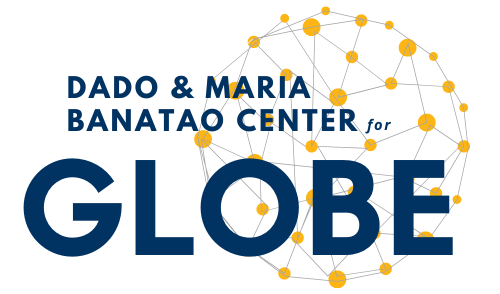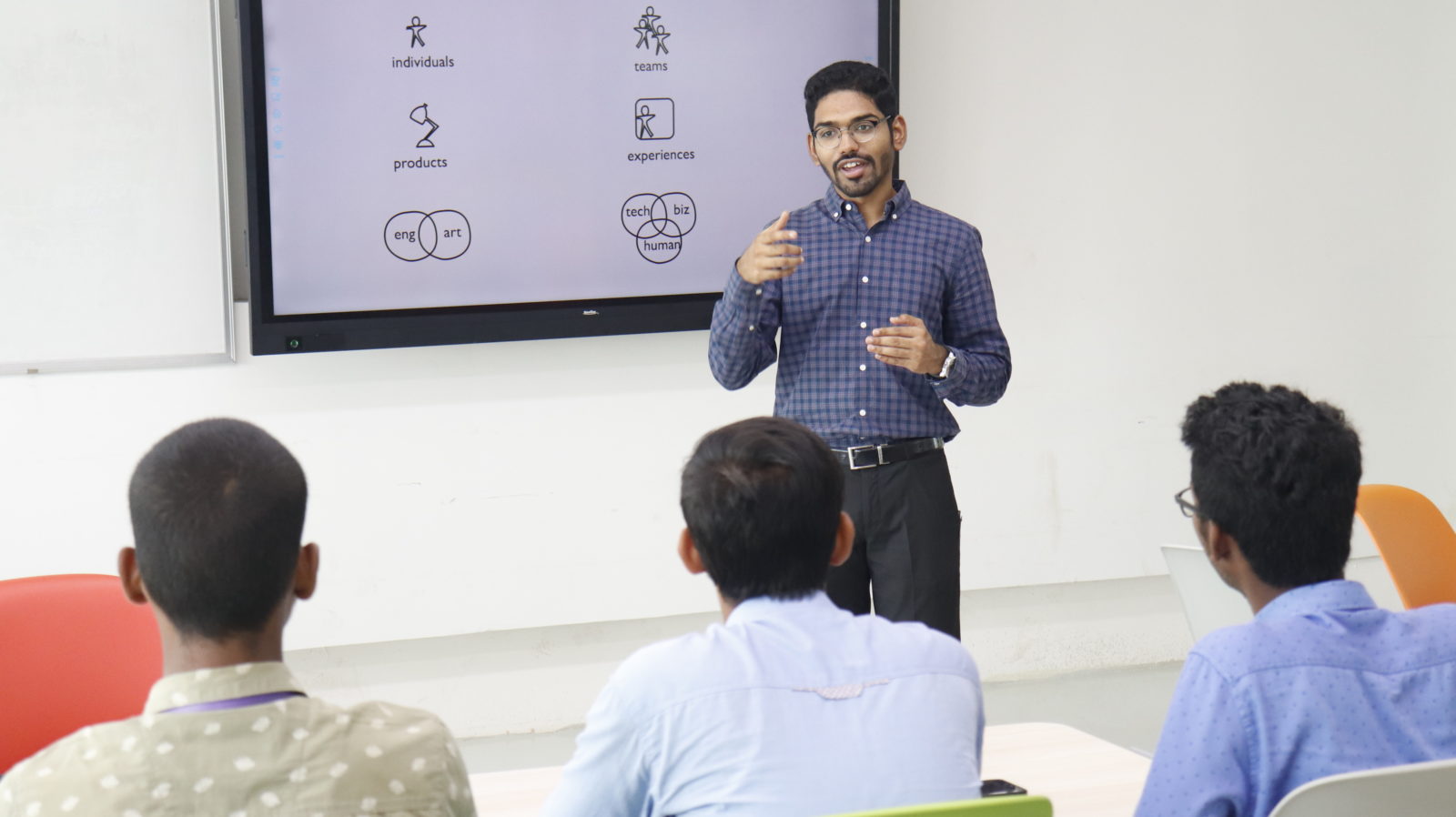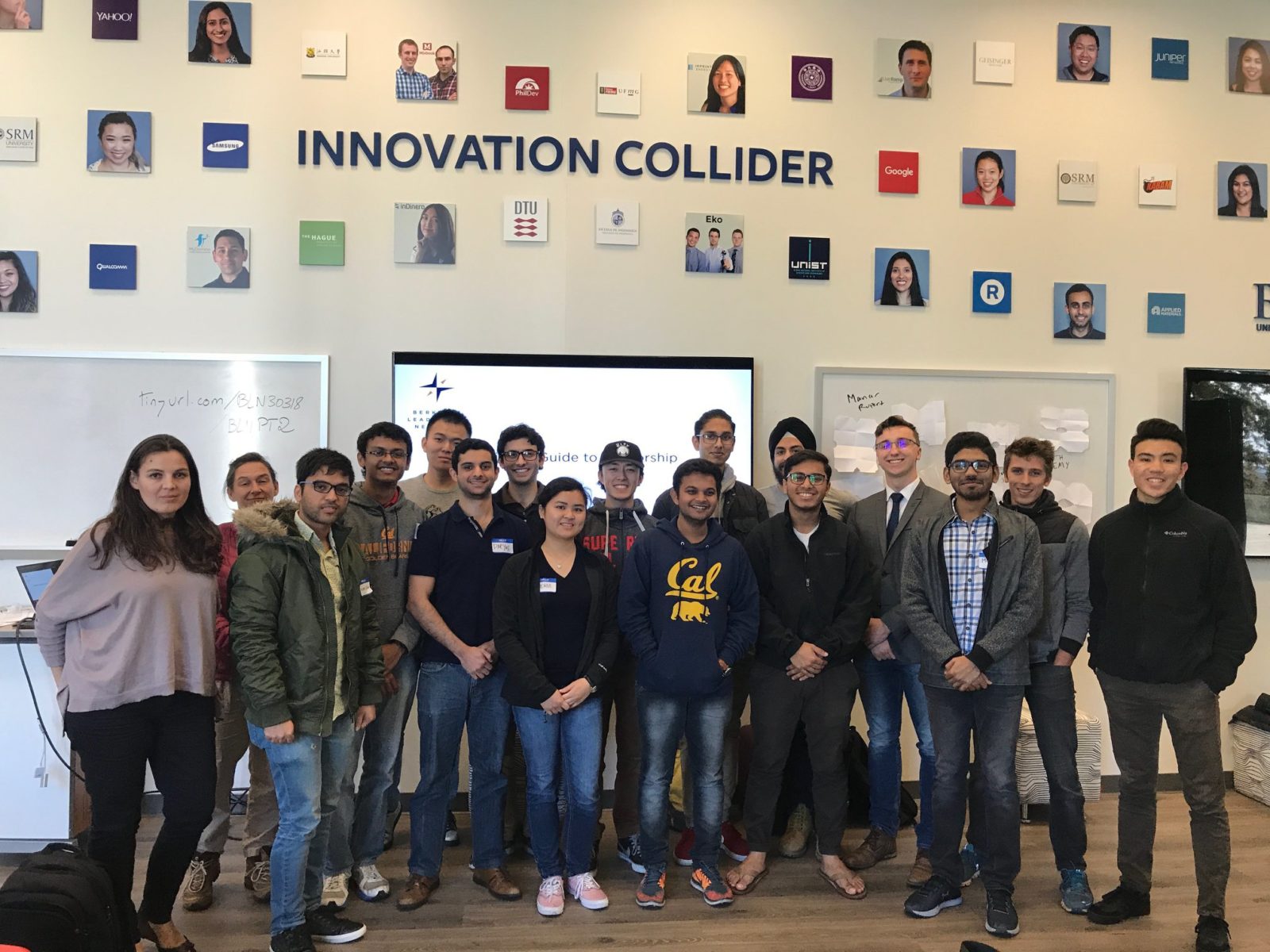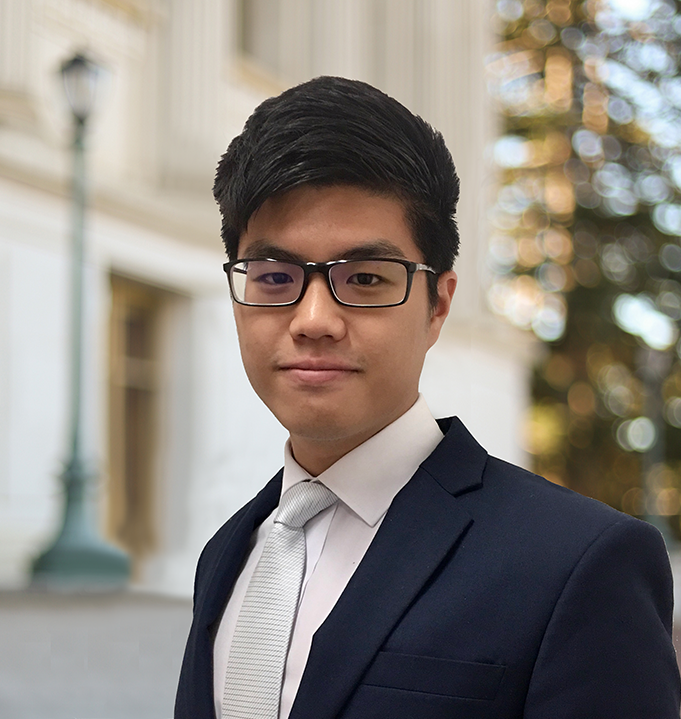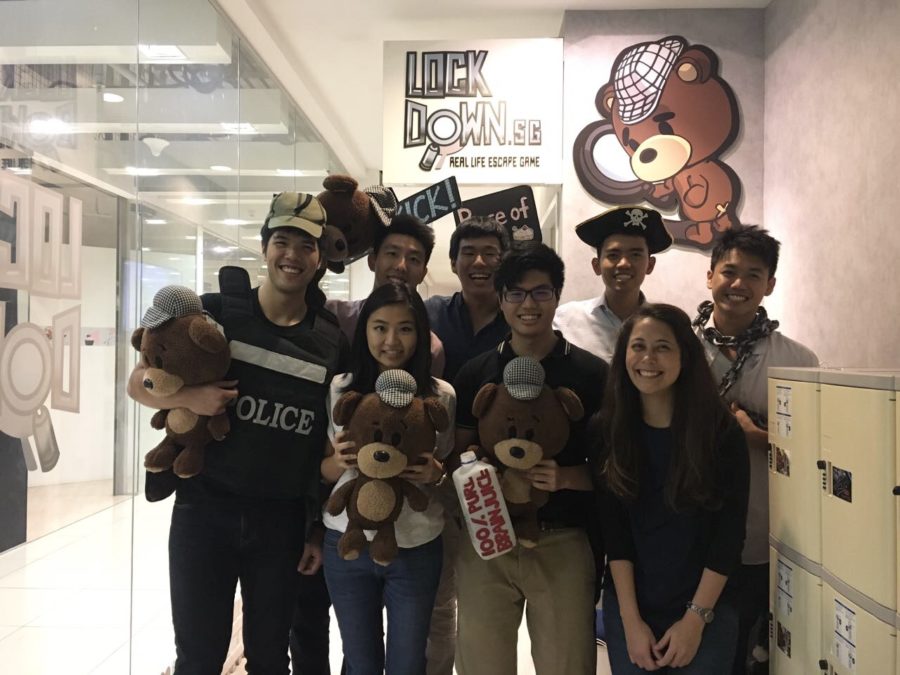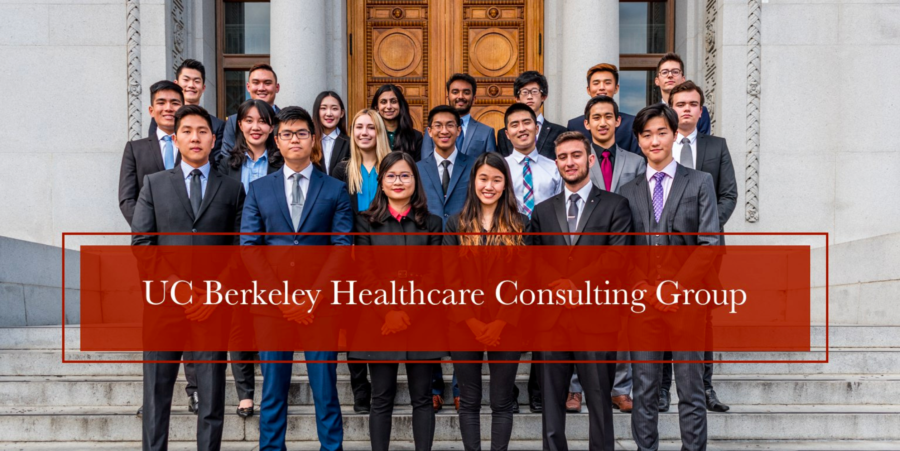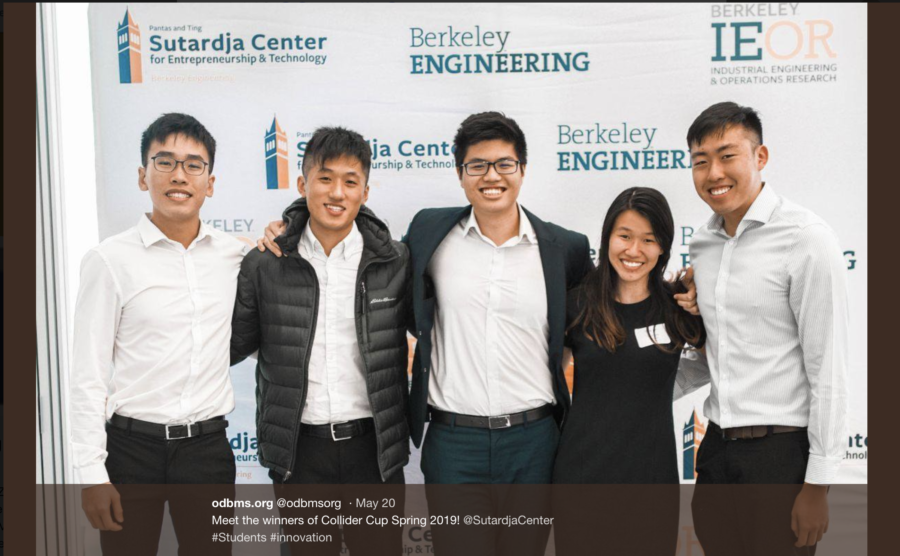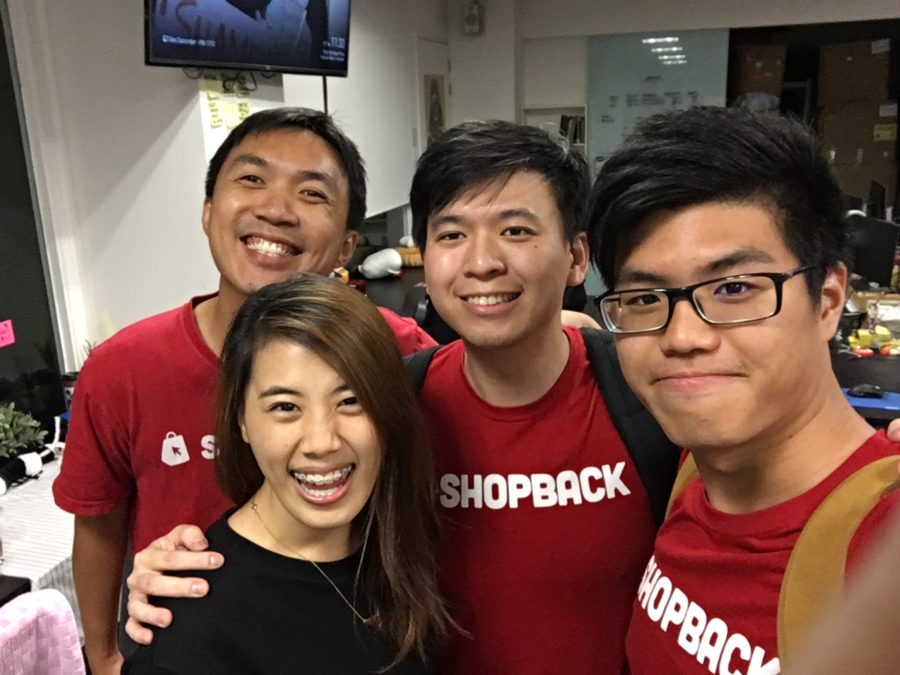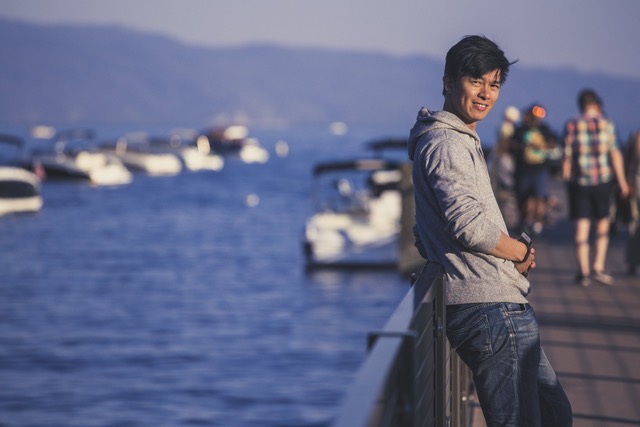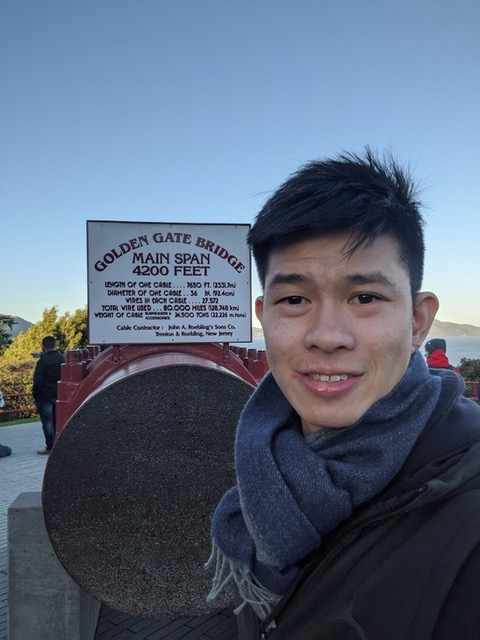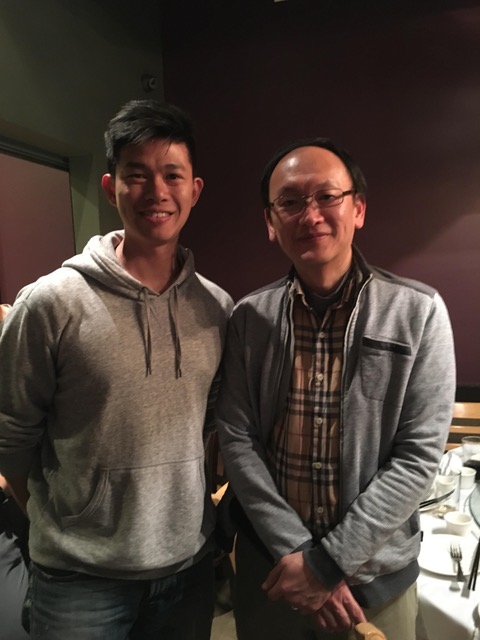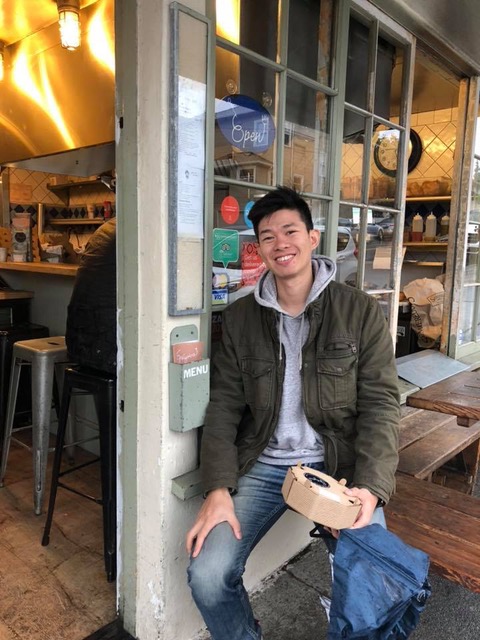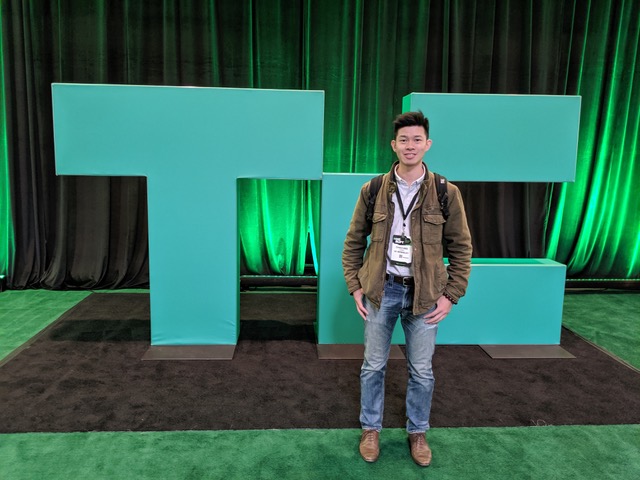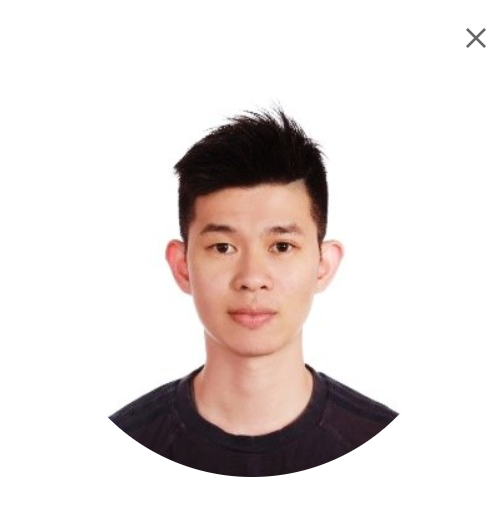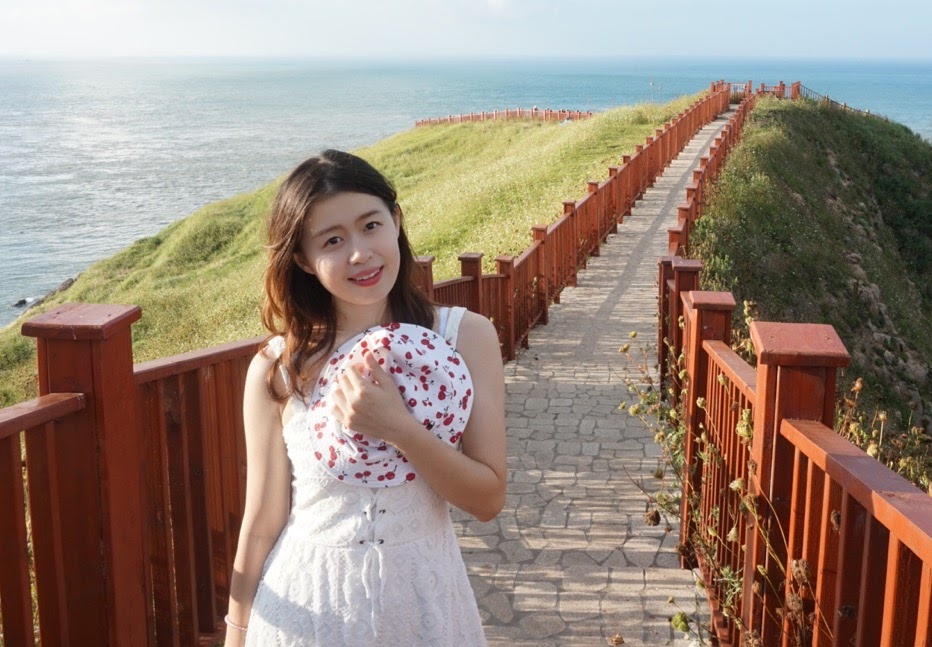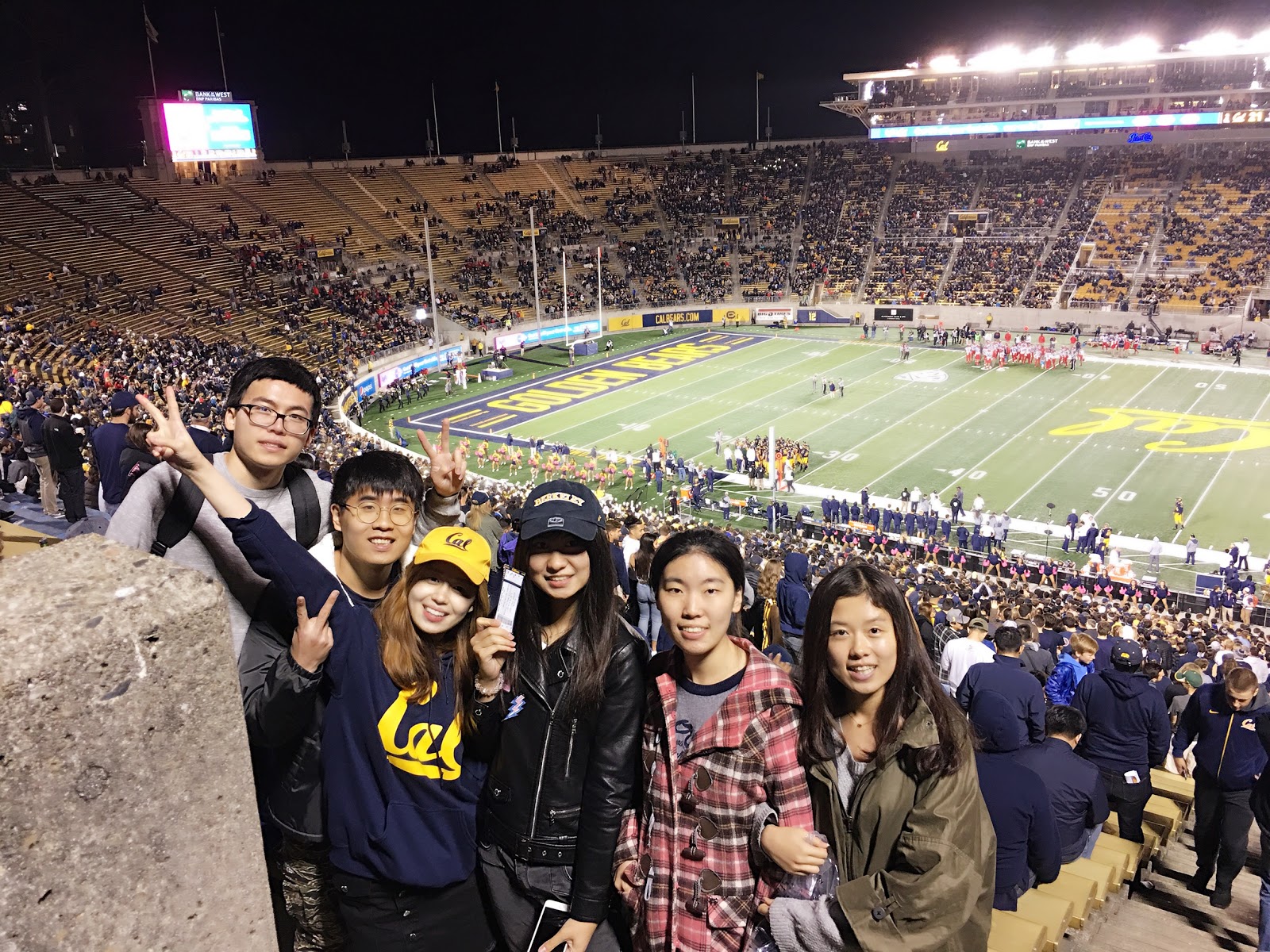A PhD program is not really a test, it challenges how you communicate with people, how you manage your time, and how you plan your experiments. It is a really comprehensive process.
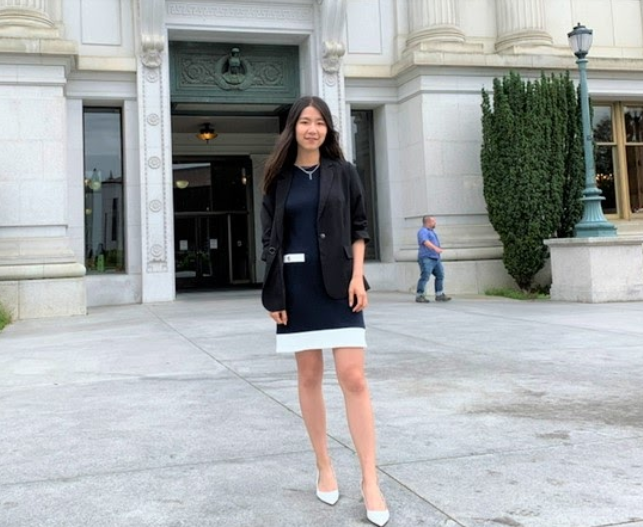
Final day at UCB, in front of the Doe library – Always missing the days study here
Can You Tell Us a Little Bit About Yourself?
I am now a second year PhD student in Materials Science and Engineering at Carnegie Mellon University (CMU). My undergraduate schooling was in China at ShanghaiTech University. Currently, my research focus at CMU is on biosensors and material-neuronal interfaces. But interestingly enough, my background in China and at UC Berkeley was mainly in the areas of computational engineering/sciences. I have switched to the experimental side of research for my PhD because that area attracts me more.
For my personal life, the PhD life is really busy. I try to make an effort to find some time for myself. Pittsburg has a lot of good restaurants that I can go to, and I also like cooking and baking cakes at home when I have time.
What inspired you to choose the major that you are in? What still excites you about your major?
When we talk about “Materials Science and Engineering”, it is really a broad map, which really includes so many attractive areas. For example, CMU has a strong background in metallic materials because Pittsburgh is well-known as “the city of Steel”, and the tie between materials and artificial intelligence is tight and mind blowing. Meanwhile, UC Berkeley has many pioneer researchers on electrochemistry, whose state-of-art works are really fascinating as well. This is why this major is interesting – you will have many choices! It is also a combination of many different majors such as chemistry, physics, biology and computer science. I changed my research interest from computational/simulation to experimental. This does not mean that I do not like computational material, I want to explore more opportunities in this major.
What prompted you to come to UC Berkeley and be a member of the GLOBE family?
It was my honor to study as an exchange student at UC Berkeley for one year. The reason why I chose Berkeley is because I had the education background in China, but I haven’t experienced American education at the college level, like how the courses are set up, what is the teaching style, how the students’ life is like here. UC Berkeley is a top school in engineering, which is an outstanding place for exploring the new culture, that is why I applied for it.

What were your experiences at UC Berkeley and being a part of GLOBE?
It was really very different from ShanghaiTech. I would talk about the courses first. I selected the computer science course here: CS 61A intro to programming, which is outside of my major in materials science and engineering. I really learned a lot from this class. It changed my mind about coding and helped me build up interest in computer science and enhanced my programming skills. In CS 61A, l do not feel stressed out with coding as I used to feel, since the course is designed to ramp up and all the teaching assistants were very welcoming and helpful. There was even one-on-one help in the class to help students overcome challenges in coding. It really inspires me and changed my mind about teaching and learning. It was not just gaining knowledge in the class, it was an exploration and experiencing a journey.
From the research perspective, I was working with Dr. Matthew Sherburne on research. I worked on kinetic modeling for catalytic reactions. It was a collaboration between UC Berkeley, Centre National de la Recherche Scientifique (CNRS), and National University of Singapore (NUS). The research from CNRS focused on experimental parts, while UC Berkeley and NUS focused on the computational parts. Dr. Sherburne gave me a lot of good advice and suggested many useful textbooks and papers to start the project. It inspired me a lot since I learned that it was possible to learn from scratch and it is a really valuable memory.
UC Berkeley is a really really large school compared with CMU. When I first came to Berkeley, I was surprised about the campus size. One funny memory is that I remember there were dogs and pets to help reduce stress at Sather Gate. I thought the dogs were really cute! There were many clubs and activities that you can be involved in. I think this was something that is very appealing about Berkeley.
Why did you decide to go to graduate school instead of the industry? How and when did you decide? Do you think you should decide earlier? Why or why not?
I decided to go to graduate school as soon as I got into undergraduate and majored in Materials Science and Engineering. Some people might have a very clear idea about their path in highschool or even earlier. Those folks are really lucky, but I think it is not too late to decide later in college.
Also, I think I need to learn more and experience more before I can go into industry. I feel like if I go straight into industry after undergraduate, then I will be limited by the nature of work I am able to do and the autonomy I have in choosing and doing my projects. That is not my ultimate goal for my career. My goal is that I want to learn more and help myself to form my own projects and lead my own group in the future.
What is your ultimate career goal?
My ultimate career goal is to focus on healthcare areas where I can solve some real-world problems, such as the treatment of Parkinson’s disease. The number of elderly is growing as society’s population ages. Therefore, I want to spend more time exploring and helping solve health-related issues. In addition, I think it is really interesting to work in an area where my projects can help many people.
What keeps you enthusiastic about your work?
When I know other people can benefit from my work, I feel very happy. I will try to do what I can to help others. Also, I like learning new things and new knowledge. Whenever I figure out the model and how the experiment works, I will feel very proud of myself.
How many recommendations do grad schools need for application? Who are the best people to write these recommendations?
I think normally, there will be 3 letters required. I got two letters from my advisors in ShanghaiTech from Dr. Lin and Dr. Lee, and one letter from my advisor, Dr. Sherburne at UC Berkeley. There was an opportunity where I could receive a letter from a “big name” professor whom I did a summer project with in Berkeley. However, I did not end up asking for it because I think it is more persuasive to have the people who really know you to write your letters. My advice is to find your advisors who know you the best and ask them to write the letters. It seems really fantastic to get letters from big name professors, but they might not know you very well. Also, it will be great if each of your letters will cover your different aspects, like research performance, course performance, and even volunteering performance.
Is it okay to have imperfect grades when applying to grad school?
Yeah, definitely. My GPA was okay, but not perfect. The key point is knowing your own strength. My strength was that I had a lot of undergraduate research experiences, so I could prove that I had problem-solving skills and self-learning skills. A perfect GPA cannot show how well your research skills are or that you were a good researcher. I would like to say that GPA is important, but it is not only one way to evaluate a student. Finding what makes you special and highlights those strengths will be really helpful in application.
Any personal suggestions that you want to share given your application experience? How to be more competitive as an applicant retrospectively?
I think one really important thing is to write down all the details of all the things you have experienced, and modify it for each application. I wrote really detailed descriptions of every research and every social experience. For my application, I may not use all of these experiences, but I can have these to pick and choose from. Second, have different application materials for different schools. Every school has different research topics they are really specialized in. I recommend you to contact the professor of interest as early as possible and proactively build up the connection. Active students are always welcomed!
